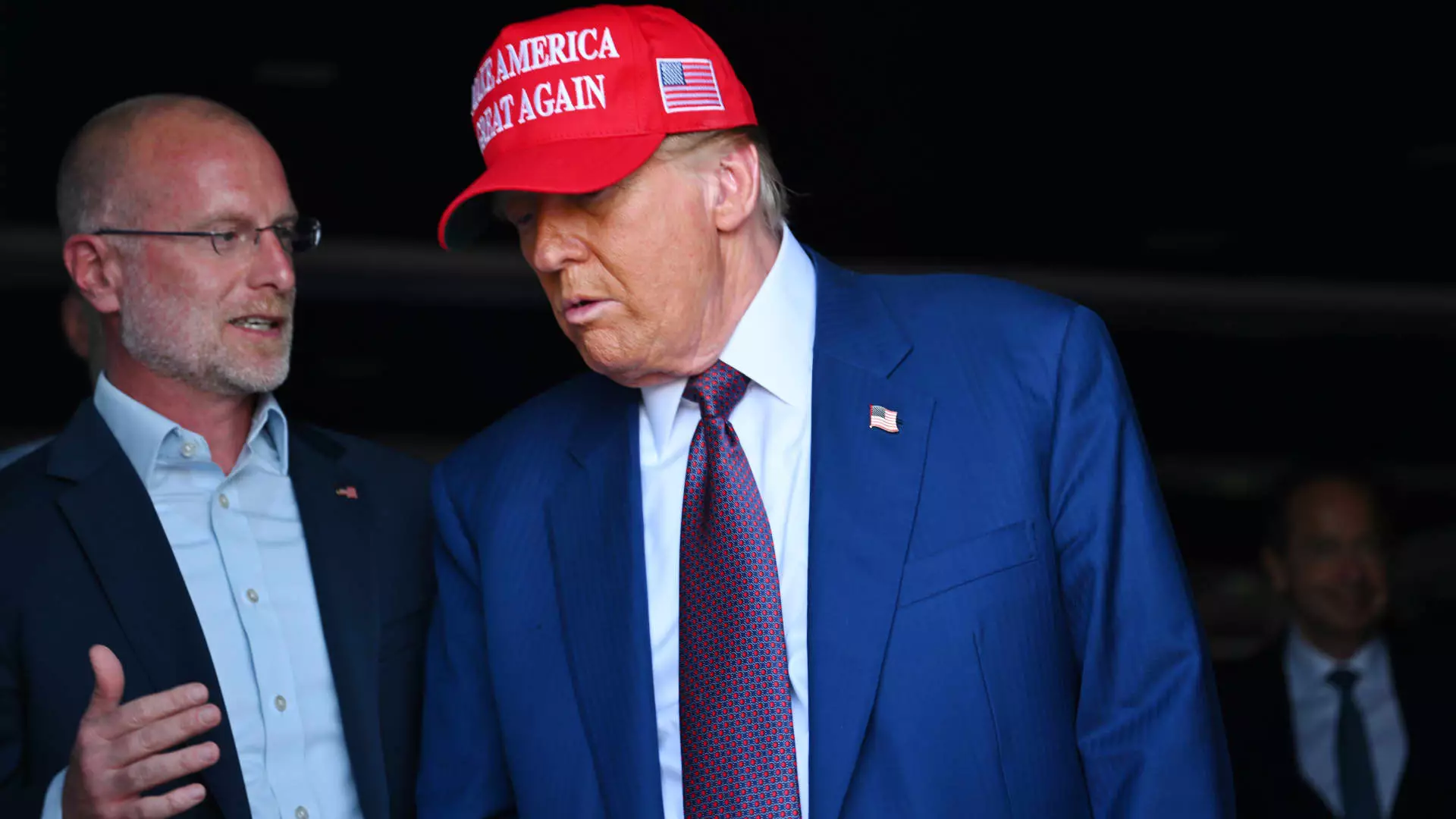In a significant development that intertwines corporate culture with federal oversight, the Federal Communications Commission (FCC) has officially initiated an investigation into Comcast Corporation’s efforts regarding diversity, equity, and inclusion (DEI). This inquiry not only signals heightened scrutiny over corporate policies but also reflects broader societal debates surrounding DEI practices within American businesses. As Comcast operates across various sectors, including broadband and entertainment under its Xfinity and NBCUniversal brands, the findings of this investigation could set important precedents for both regulatory frameworks and corporate responsibility.
The impetus for this FCC inquiry can be traced back to an executive order signed by President Donald Trump aimed at dismantling DEI initiatives across U.S. corporations. The order directs federal agencies to investigate potential civil compliance violations linked to DEI practices, thereby framing the FCC’s probe as part of a larger governmental oversight endeavor. Chairman Brendan Carr, who was appointed by Trump, expressed concerns that Comcast’s DEI efforts may not align with FCC regulations, suggesting a potential conflict between corporate practices and regulatory mandates.
In response to the FCC’s inquiry, Comcast has publicly affirmed its commitment to DEI as an integral part of its business ethos. The company claims that it has developed a robust DEI infrastructure, complete with specialized training, dedicated initiatives, and annual events to promote inclusivity. This presents a stark contrast to the nascent governmental perspective under which such initiatives are viewed with skepticism. As the FCC delves deeper into this investigation, Comcast’s assertion of its integrity and the core values guiding its operations will be put under the microscope.
The scrutiny is not limited to Comcast; it reflects a wider trend among media companies regarding their DEI policies. Competitor Disney, for example, has recently opted to revise its own DEI programs, indicating a shift away from previously established practices. Similarly, PBS has disbanded its DEI office in response to the pressures stemming from the executive order, signifying a pivot in how public-facing media organizations approach their commitment to equity and inclusivity. This collective shift can be perceived as a reaction to the evolving political landscape, wherein DEI initiatives are clashing with regulatory agendas.
Potential Implications of FCC’s Actions
The FCC’s inquiry potentially opens the door to wider ramifications for corporate America. Should the agency find discrepancies in Comcast’s DEI practices versus its public claims, it could lead to enforcement actions, re-evaluations of FCC licenses, or broader implications for corporations operating under similar DEI frameworks. Moreover, this could deter other firms from pursuing aggressive DEI strategies for fear of facing similar scrutiny. The investigation serves as a litmus test for how government may regulate corporate actions in the name of equity and whether companies are prepared to defend their practices under new political realities.
As this investigation unfolds, the public response will likely shape the narrative around corporate accountability regarding DEI. With consumer awareness of corporate practices reaching unprecedented levels, companies may find themselves compelled to better articulate and defend their policies or be ready to bear the consequences of public outrage. Consumers could increasingly demand transparency from companies, pushing them to reevaluate their commitment to DEI not merely as a marketing ploy, but as a genuine commitment to societal change.
The FCC’s investigation into Comcast’s diversity and inclusion efforts encapsulates a pivotal moment within the intersection of corporate governance and federal oversight. As this inquiry progresses, it remains to be seen how companies will navigate their DEI ambitions in a landscape fraught with regulatory challenges. Ultimately, how corporate America responds to both consumer expectations and governmental directives could shape the future of DEI practices and their place within the broader corporate landscape. The outcome of this investigation may well set a precedent that extends beyond Comcast, marking a new era in how diversity, equity, and inclusion initiatives are perceived and executed in the media industry and beyond.

